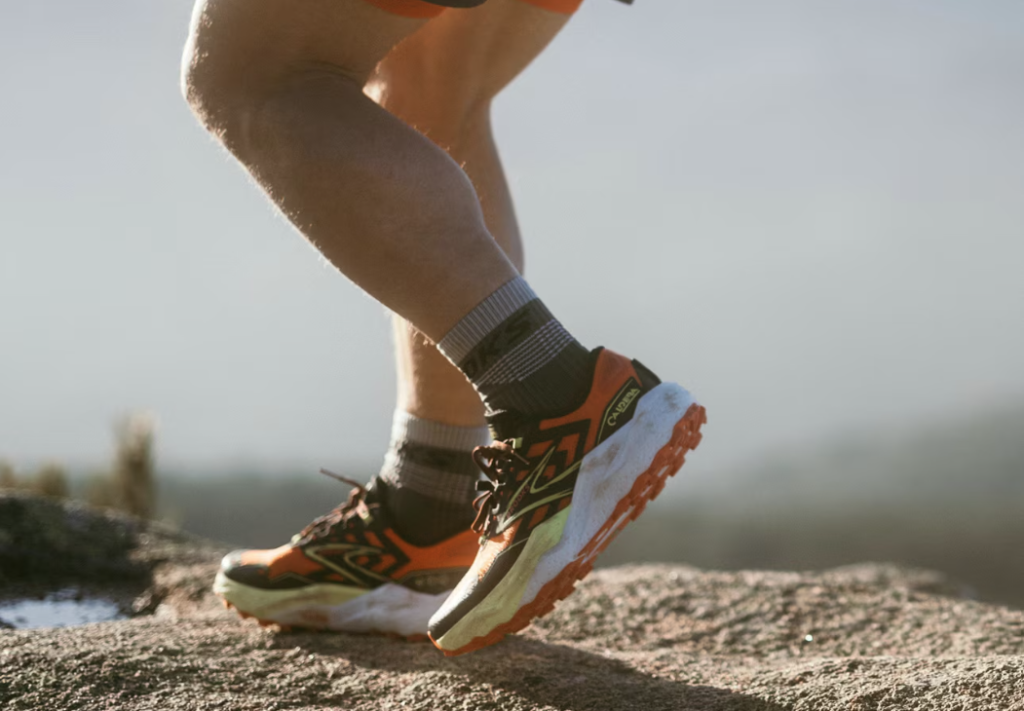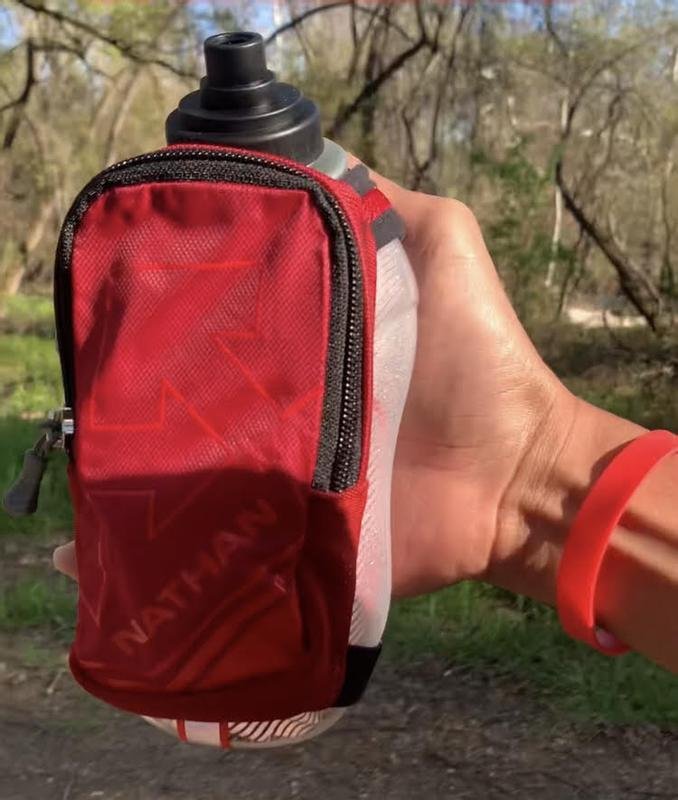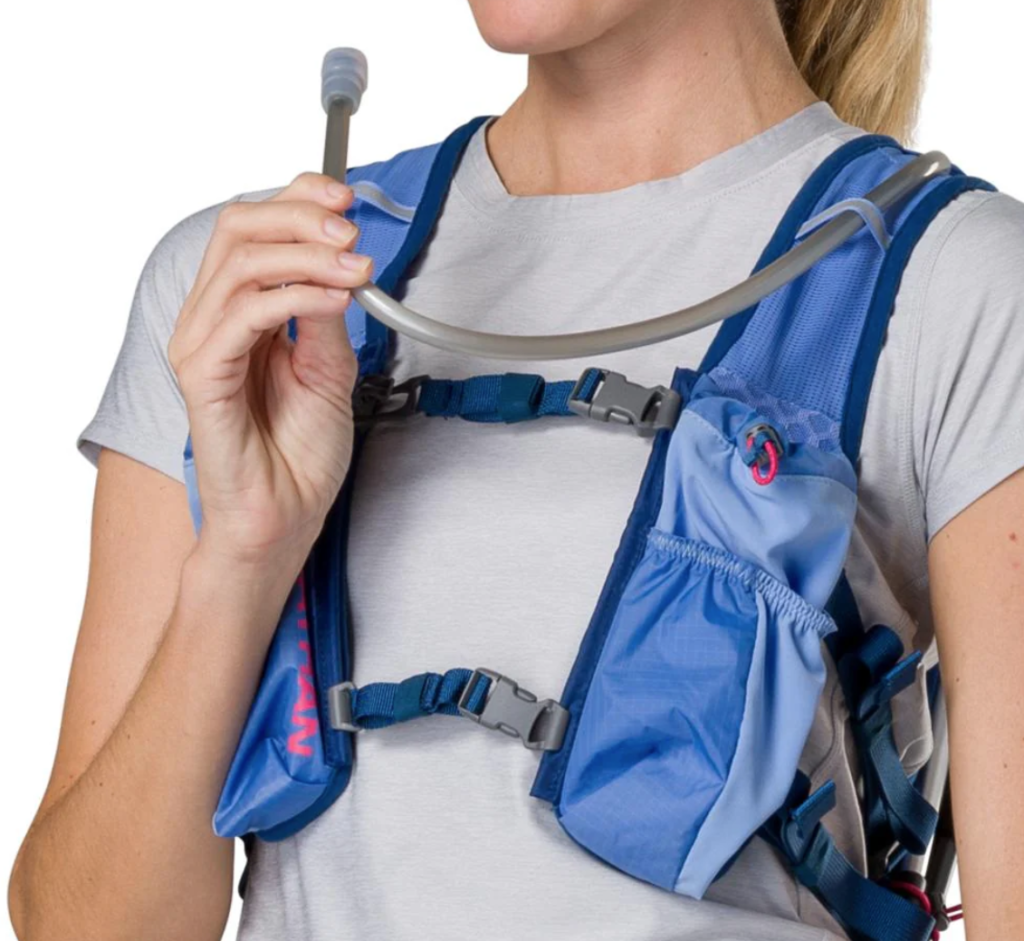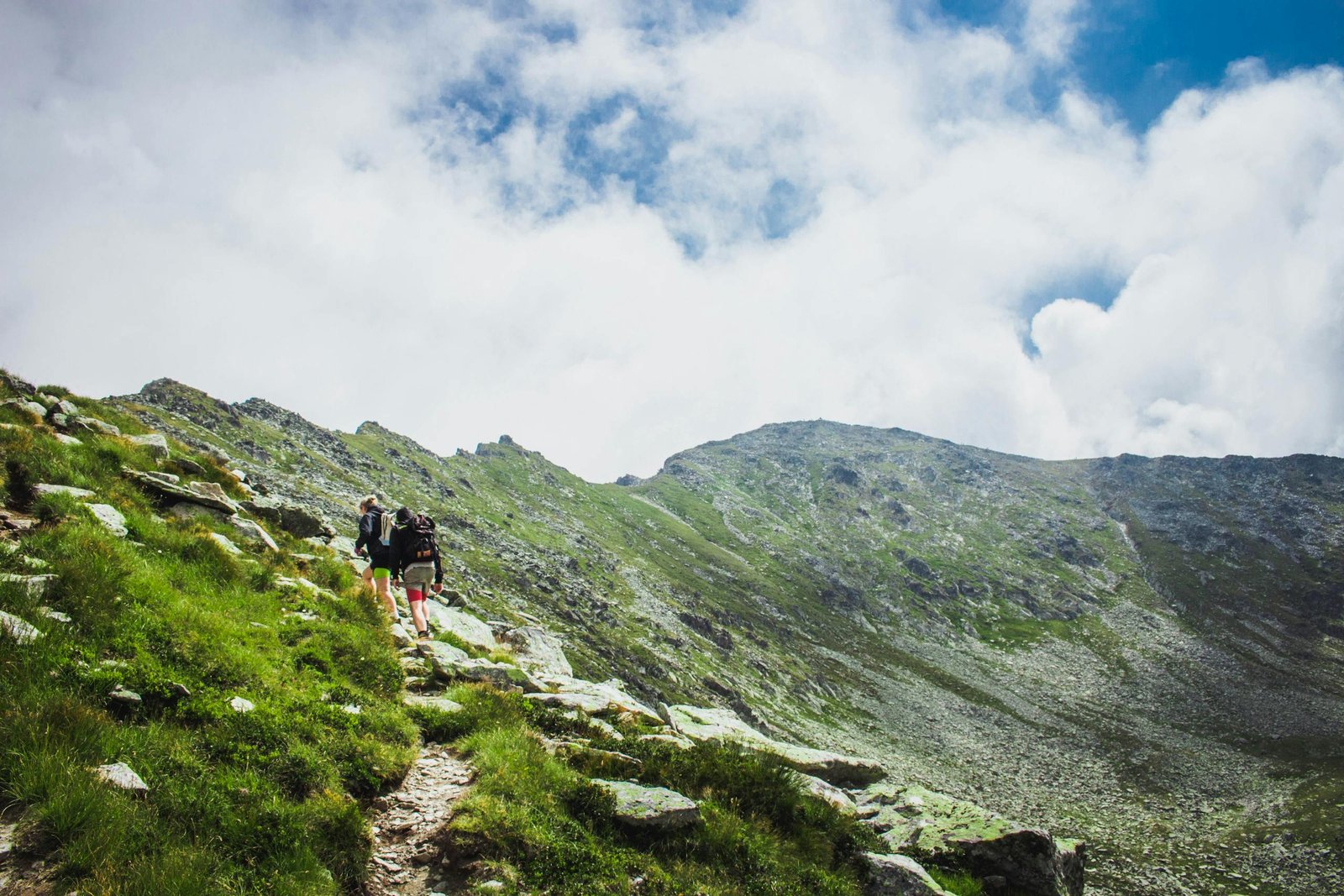Trail Running Beginner Equipment: My First Run
If you’re gearing up for your first trail run, it’s important to prepared with the right equipment. The trail running gear doesn’t differ quite too much form the equipment used in road running.
If you are already road running then there might be a goog chanche you are already set and prepared for your first trail run. Now lets answer the common question:
What to Use for My First Trail Run?
As a beginner, the right trail running essentials are key to a enjoyable first trail running experience. Start with:
- Trail running shoes with good grip and stability
- Moisture-wicking clothing to keep you dry and comfortable
- A sun-blocking cap for UV protection
- Hydration gear like a handheld water bottle or hydration vest
- Snacks for energy on longer runs
- A basic first aid kit for safety
By focusing on these trail running necessities, you’ll have everything you need to enjoy your first trail run safely and comfortably. As you gain experience, you can expand your gear
The Must-Have Gear for Short Trail Runs
For beginners starting with short trail runs—lasting 45 minutes to 1.5 hours—selecting the right trail running gear can make all the difference. Here’s what you’ll need for a smooth start:
Trail Running Shoes: One of the most important pieces of equipment for trail running beginners is a reliable pair of trail running shoes. Unlike regular road shoes, trail shoes are designed to provide better traction and stability on uneven terrain. The extra grip helps you navigate roots, rocks, and other obstacles while reducing the risk of slips or injury.

Moisture-Wicking Clothing: When it comes to trail running wear, opt for clothing made of moisture-wicking materials that help keep you dry and comfortable. Fitted options reduce chafing, which can occur during longer runs. Don’t forget moisture-wicking socks to prevent blisters—a common issue for new trail runners.
Sun-Blocking Cap: A sun-blocking cap is another essential piece of gear, particularly if you plan to run on exposed trails during the day. These caps shield your face and neck from harmful UV rays, reducing the risk of sunburn and keeping you cool during your run. Look for caps with moisture-wicking and breathable fabrics for added comfort.
Hydration Gear: Even on shorter runs, staying hydrated is essential. A handheld water bottle is a simple and effective solution for staying hydrated without carrying too much weight.

Sunscreen and Sunglasses: For runs on exposed trails, make sure to apply sunscreen and wear sunglasses to protect yourself from harmful UV rays.
This basic setup of essential trail running gear will ensure that you’re prepared for a successful first run.
Gear Essentials for Longer Trail Runs
For those venturing into longer runs, having the right trail running necessities becomes even more critical. Here’s what you should include in your gear:
Hydration Pack or Vest: When planning a longer run, a hydration pack or vest is a great addition to your trail running essentials. It allows for hands-free hydration, which is especially useful on challenging or technical terrain. Many hydration packs come with extra storage for snacks and other small essentials.

Layered Clothing: Weather conditions can shift quickly during a long trail run, making layered clothing a must. Start with a moisture-wicking base layer, add a fleece for insulation, and carry a lightweight, weather-resistant jacket for protection against rain or wind.
Nutrition and Snacks: For extended runs, it’s important to pack snacks like energy gels or trail mix to maintain your energy levels. Keeping your body fueled during long runs will make the experience more enjoyable and help you perform better.
First Aid Kit: A small first aid kit with bandages, blister treatments, and antiseptic wipes is a smart addition to your gear, especially if you’re running on remote trails.
Equipping yourself with these trail running beginner equipment items ensures you’re ready to handle the challenges of longer trails.
Additional Gear: Trail Running Poles and Backpacks
For runs on steep or uneven terrain, trail running poles can provide extra stability, especially when navigating hills. They are particularly useful for beginners who may need added support on technical trails.
A lightweight backpack is another important piece of gear for longer runs, allowing you to carry essentials like snacks, water, and a first aid kit.
If you wana find out the best time for your trail run, have a look at my latest post: When is The Best Time for Trail Running: Discover Your Optimal Trail Hours
Get ready to hit the trails, and enjoy the adventure of your first run!


